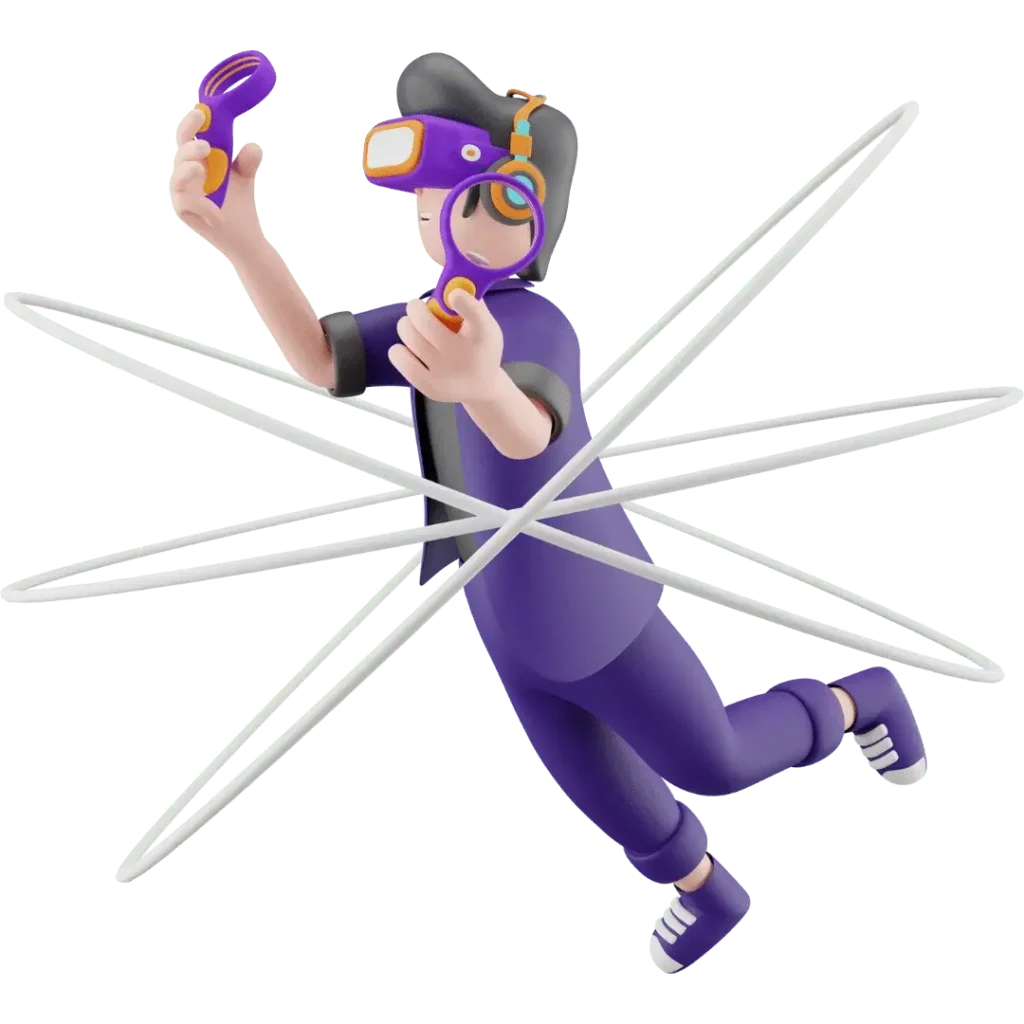Future eLearning Sites
As education evolves, technology continues to shape how we learn. E-learning platforms have become common, offering flexible ways to gain knowledge. But with the rise of the metaverse, education is set for a big change. By using augmented reality (AR), virtual reality (VR), artificial intelligence (AI), and metaverse domains, eLearning is entering a new era. Let’s explore how the metaverse will transform the eLearning experience.
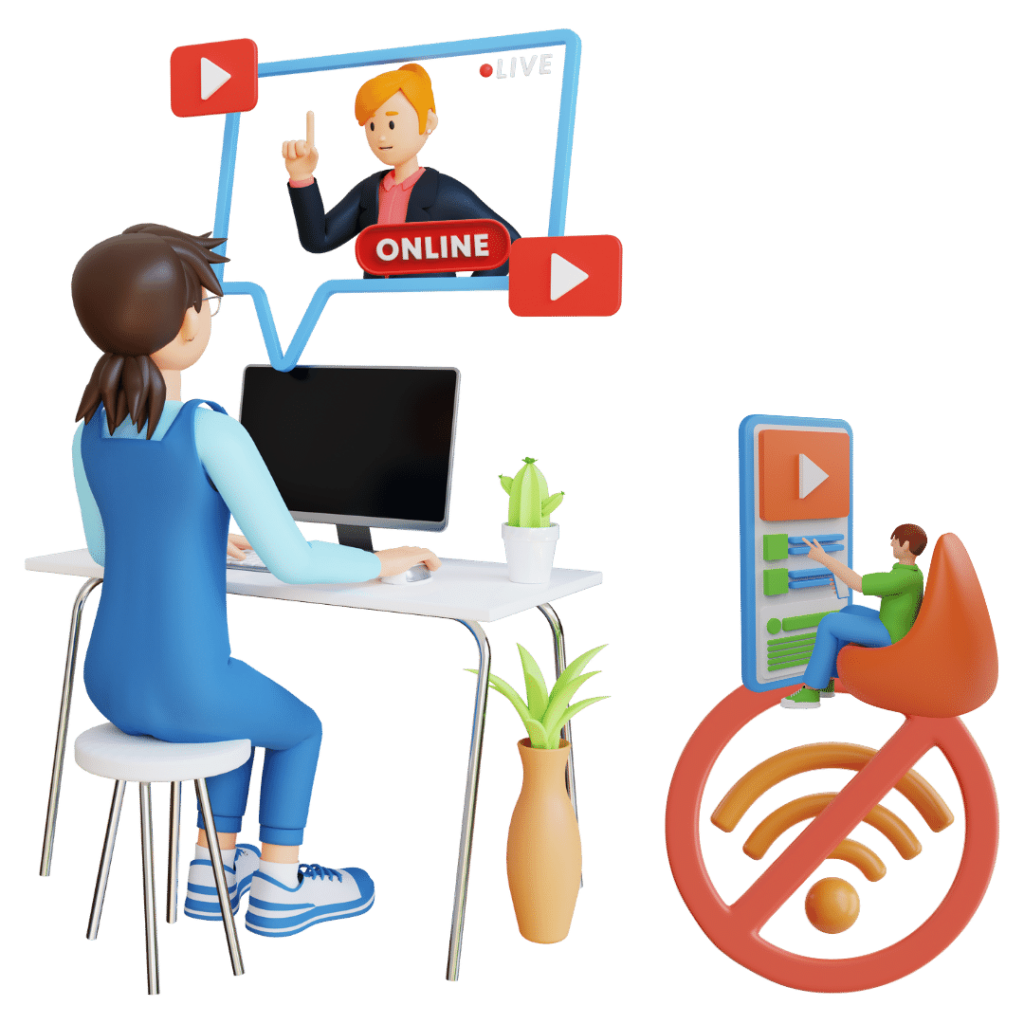
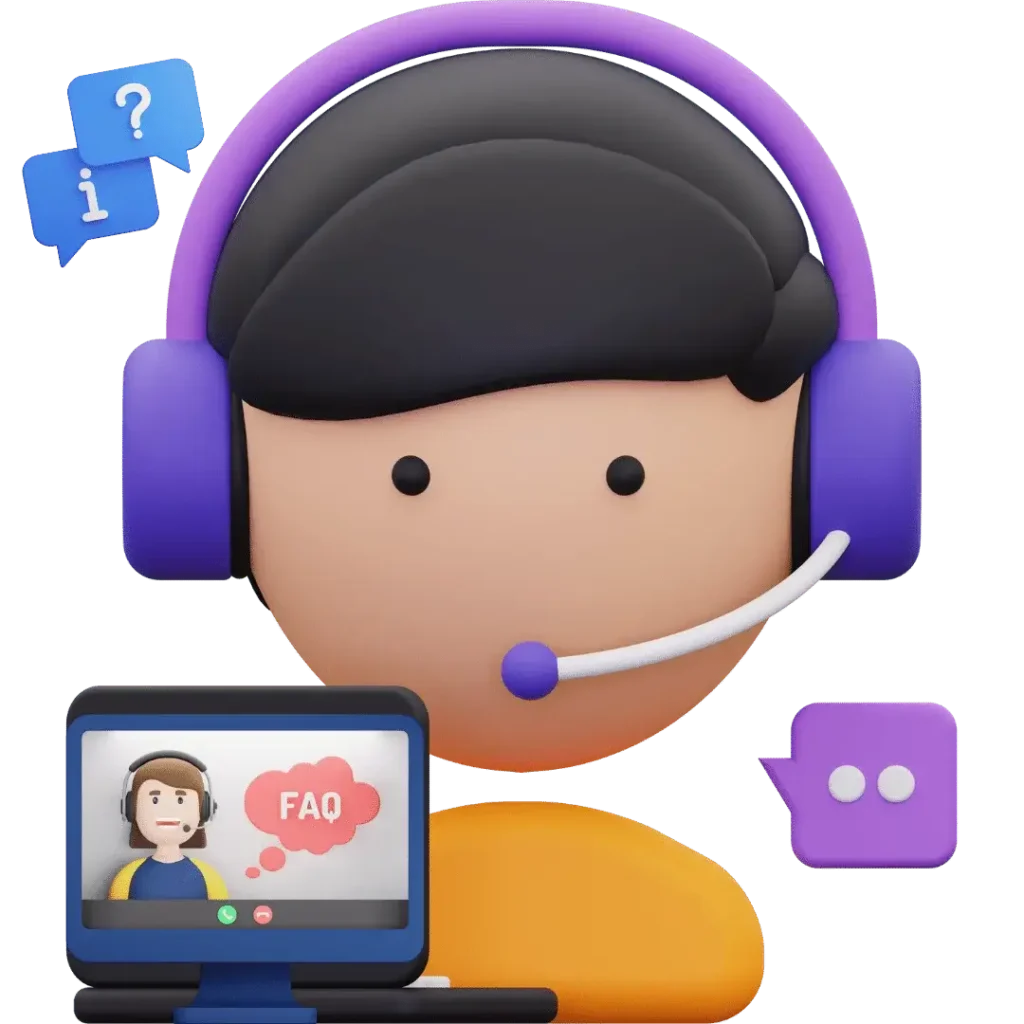
Immersive Virtual Classrooms
Today: E-learning mostly uses text and videos, lacking interaction.
Future: AR and VR will create immersive virtual classrooms where learners can explore lifelike environments, interact with 3D models, and engage with instructors and peers in real-time. This will make learning more engaging and effective.
Personalized Learning Pathways
Today: Courses are suggested based on browsing history, with limited personal touch.
Future: AI algorithms will personalize learning by tailoring courses to individual preferences, interests, and learning styles. Learners will receive customized recommendations and adaptive content delivery, ensuring a personalized educational experience.
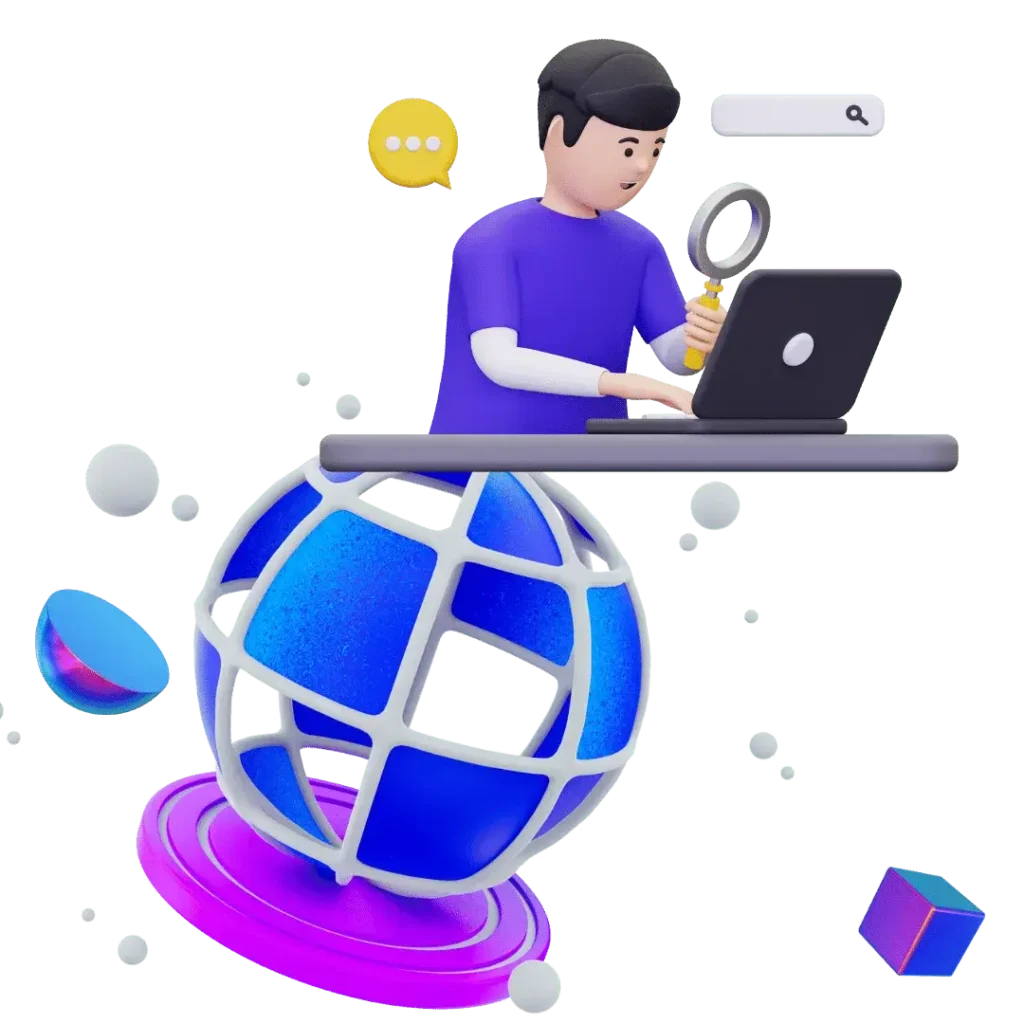

Gamified Learning Experiences
Today: Learning is often passive, with quizzes and videos.
Future: Gamification will make learning fun and motivating with rewards, badges, and interactive challenges. Interactive scenarios, game-like assessments, and immersive simulations will make learning enjoyable and effective, fostering deeper understanding and skill development.
Collaborative Learning in the Metaverse
Today: Collaboration is limited to online forums.
Future: The metaverse will enable global collaboration in virtual classrooms. Learners worldwide can connect, learn, and collaborate in real-time, enhancing diversity and knowledge-sharing.
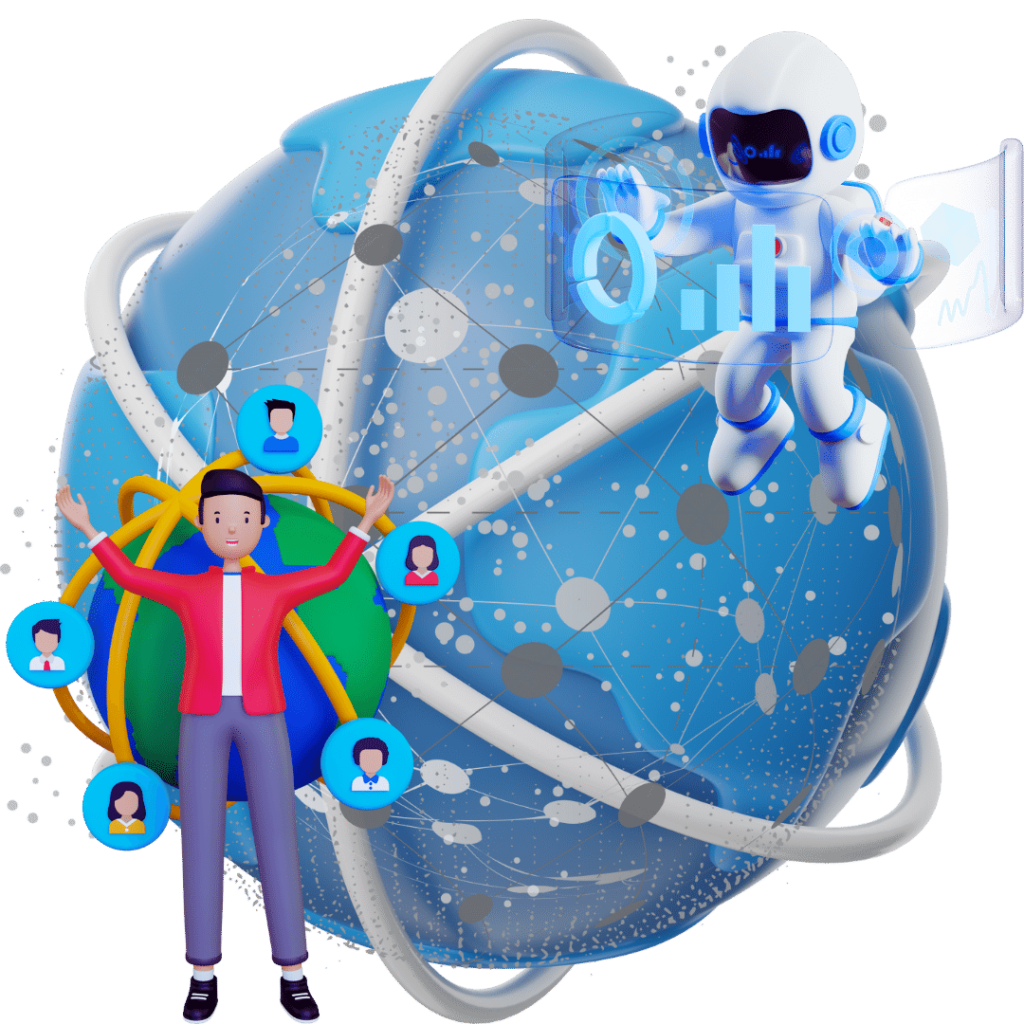
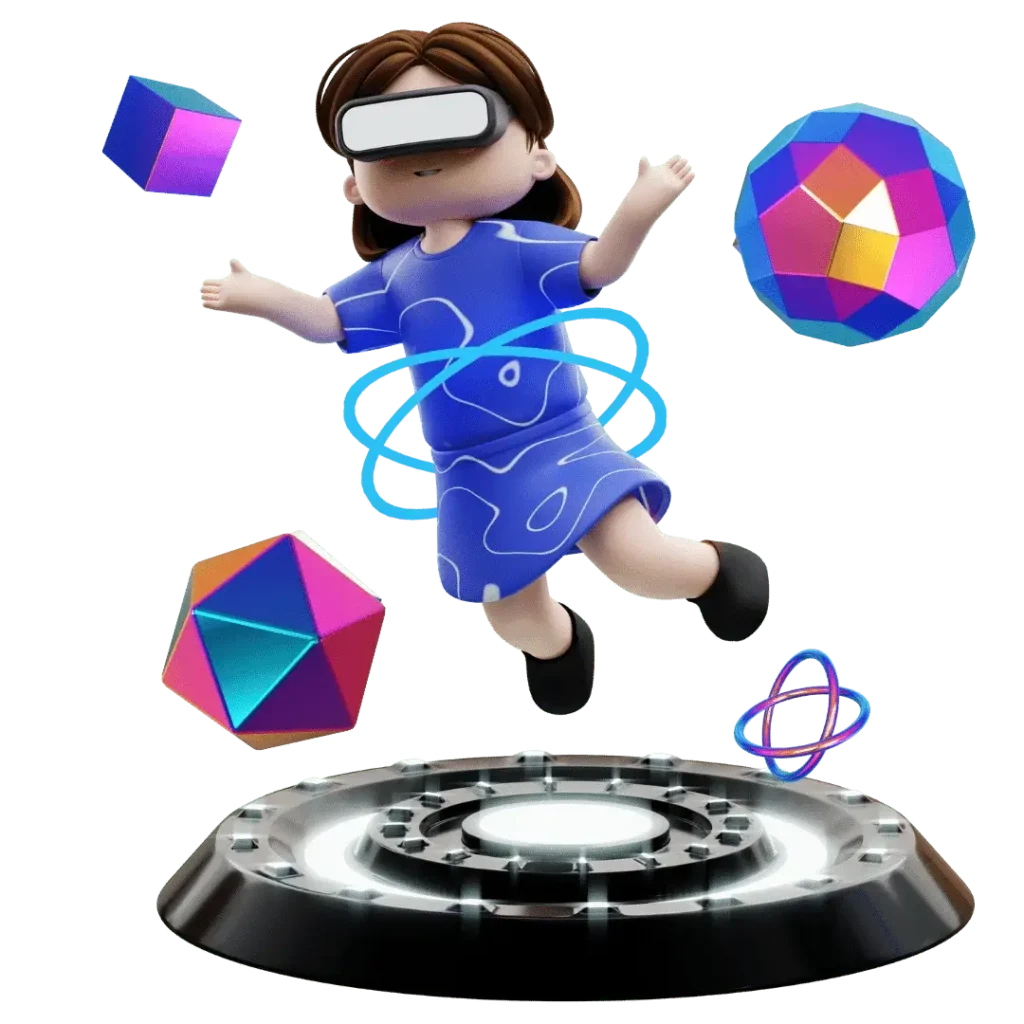
Lifelong Learning Journeys
Today: Education is mostly limited to formal settings.
Future: Lifelong learning will be central, with eLearning platforms offering diverse courses and resources for continuous skill development. Virtual communities will support ongoing learning for everyone.

Content Delivery
Today: Learning materials are mainly text and pre-recorded videos.
Future: In the metaverse, learning will be immersive, allowing learners to experience historical events, conduct experiments, and engage in simulations. This hands-on approach will enhance understanding and retention.
Interactivity
Today: Interactivity is limited to quizzes and basic activities.
Future: The metaverse will offer interactive learning with hands-on activities, experiments, and simulations, encouraging active participation and deeper learning.
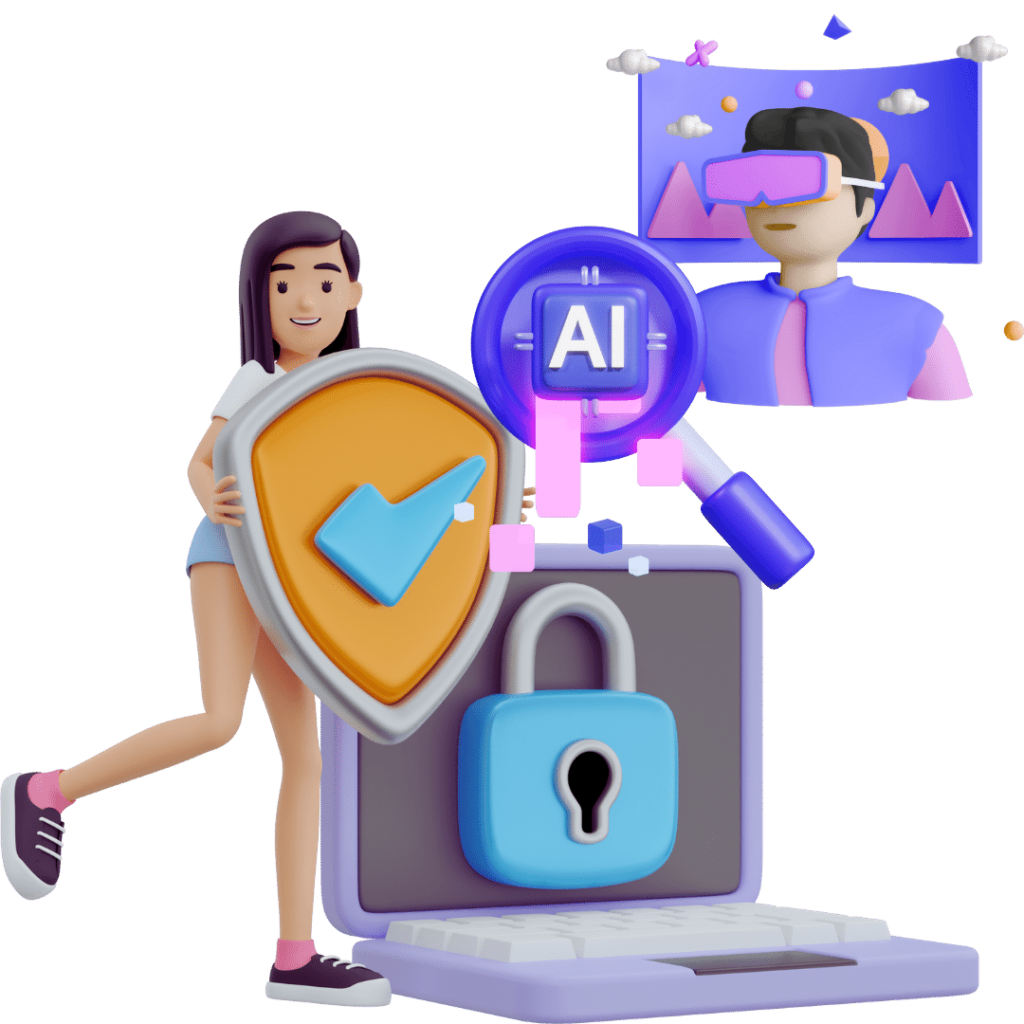

Collaborative Learning
Today: Collaboration happens through online discussions.
Future: Virtual classrooms in the metaverse will facilitate seamless collaboration with real-time interactions, group projects, and diverse cultural exchange.
Personalized Learning
Today: Personalization is basic, focusing on course recommendations.Future: AI-driven personalization in the metaverse will create tailored learning experiences based on individual needs and preferences, optimizing learning outcomes.
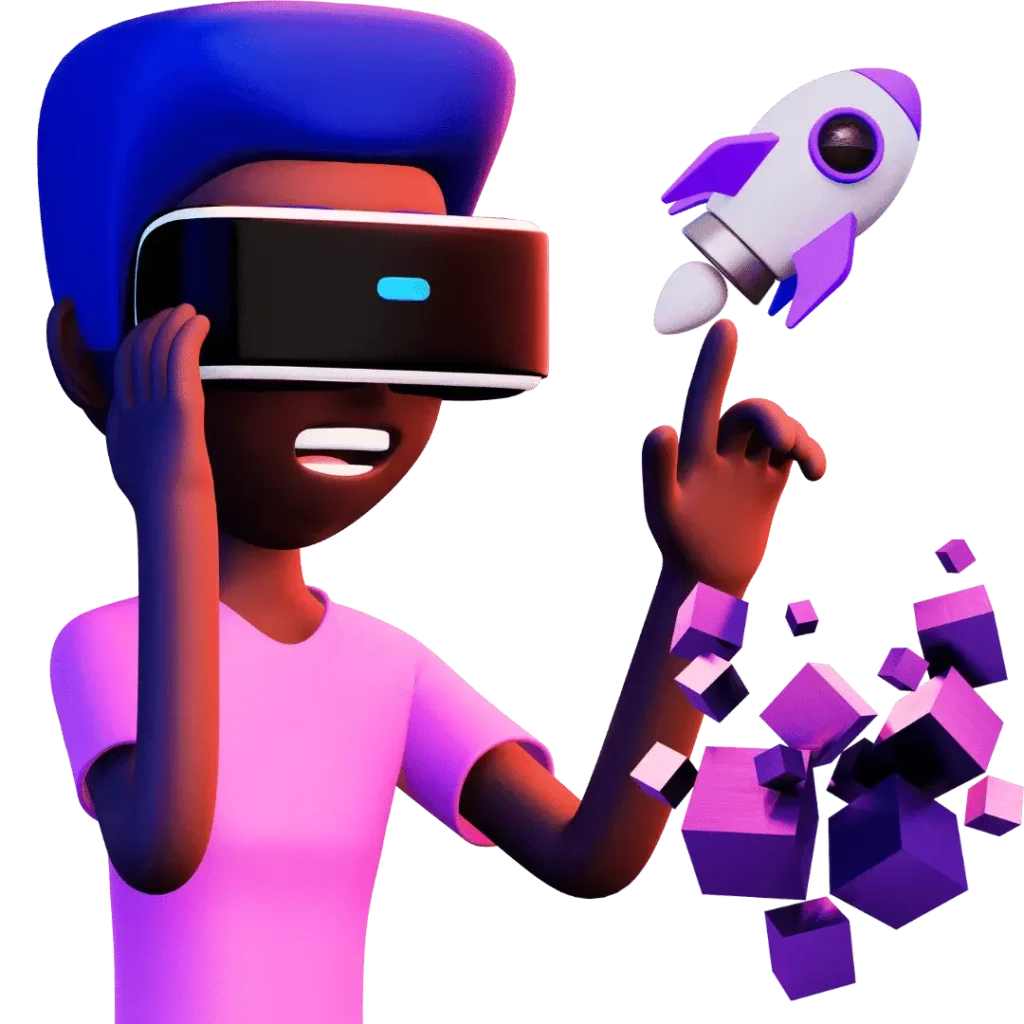

Assessments
Today: Assessments are quizzes and exams.
Future: Metaverse assessments will simulate real-world scenarios, testing practical skills and knowledge application for more comprehensive learning outcomes.
Certifications
Today: Digital certificates lack standardized verification.
Future: Blockchain-based certifications in the metaverse will provide secure, globally recognized credentials that are tamper-proof and verifiable.
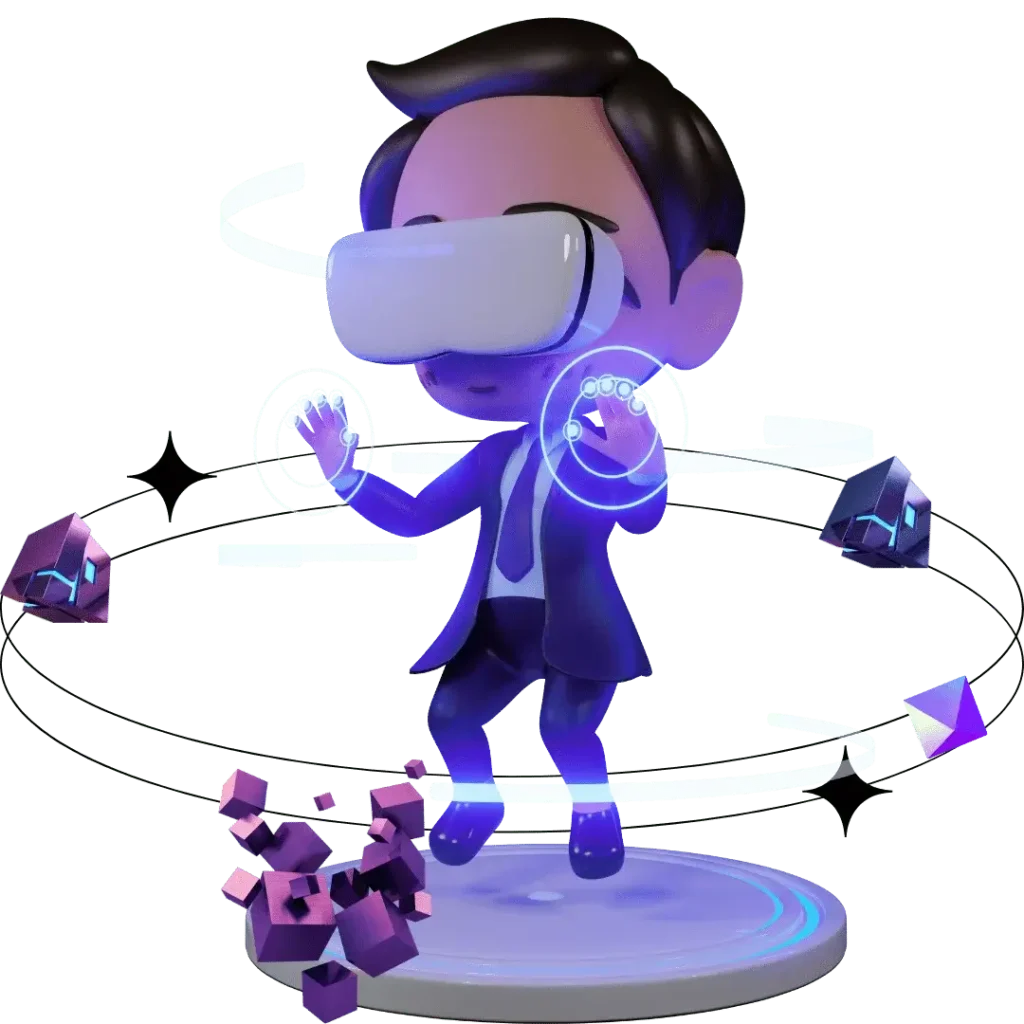

Accessibility
Today: Accessibility features are limited.
Future: The metaverse will prioritize inclusivity with features like voice commands and customizable interfaces, ensuring education is accessible to all learners.

Community Building
Today: Learning is often solitary.
Future: The metaverse will foster community-building with virtual spaces for students, educators, and experts to connect, share knowledge, and collaborate.
Teacher Training
Today: Teacher training is mainly online courses.
Future: In the metaverse, teacher training will be immersive with practical teaching experiences in virtual classrooms, preparing educators for diverse learning environments.
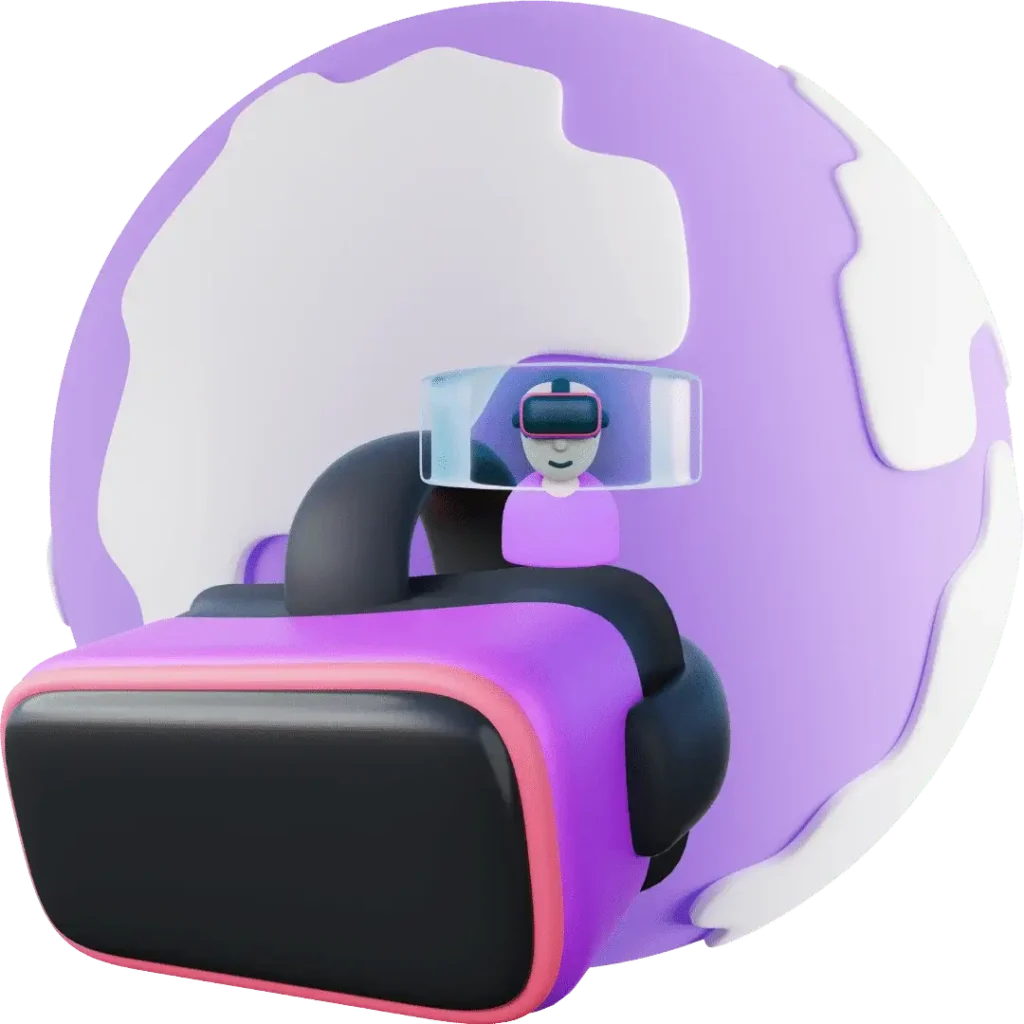
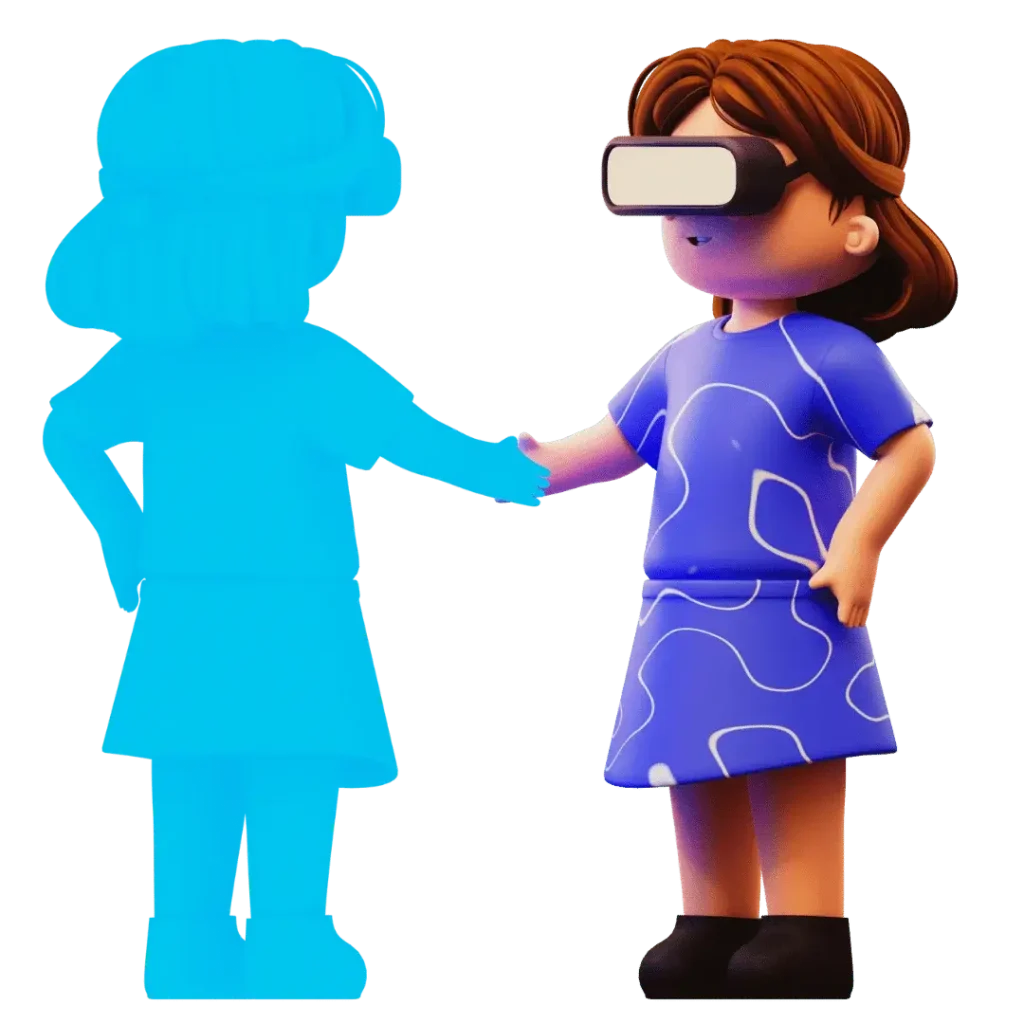
Instant Support
Today: Support is text-based.
Future: AI-powered virtual assistants in the metaverse will provide real-time support, offering guidance and troubleshooting to learners whenever needed.
Practical Learning
Today: Practical skills learning is limited.
Future: In the metaverse, learners engage in practical learning through virtual labs, workshops, and simulations. These immersive experiences allow learners to apply theoretical knowledge in realistic scenarios.

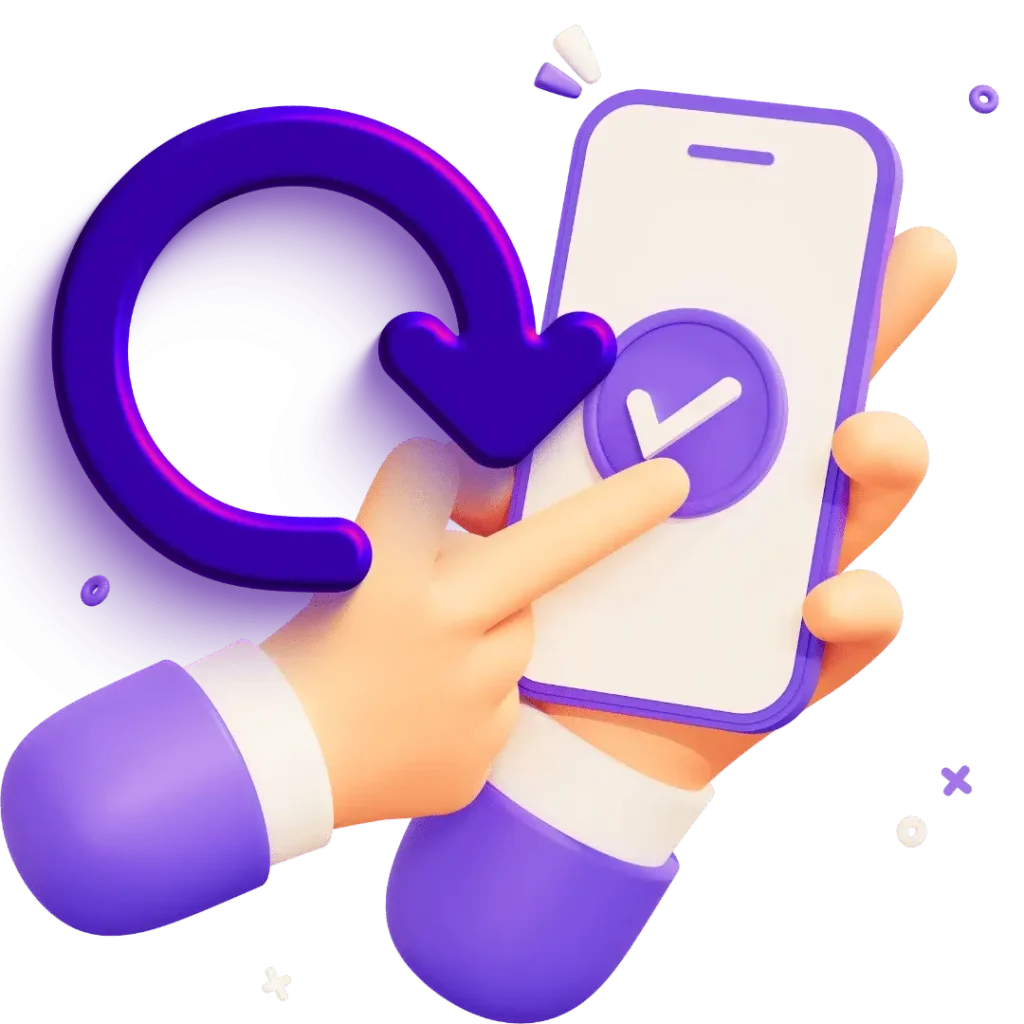
Cultural Immersion
Today: Cultural exploration is limited to reading.
Future: In the metaverse, learners can immerse themselves in different cultures through interactive experiences like virtual field trips and language modules.
Data Security
Today: Basic data security measures are in place.
Future: Advanced security protocols in the metaverse, including blockchain technology, will safeguard learner data, ensuring privacy and integrity.

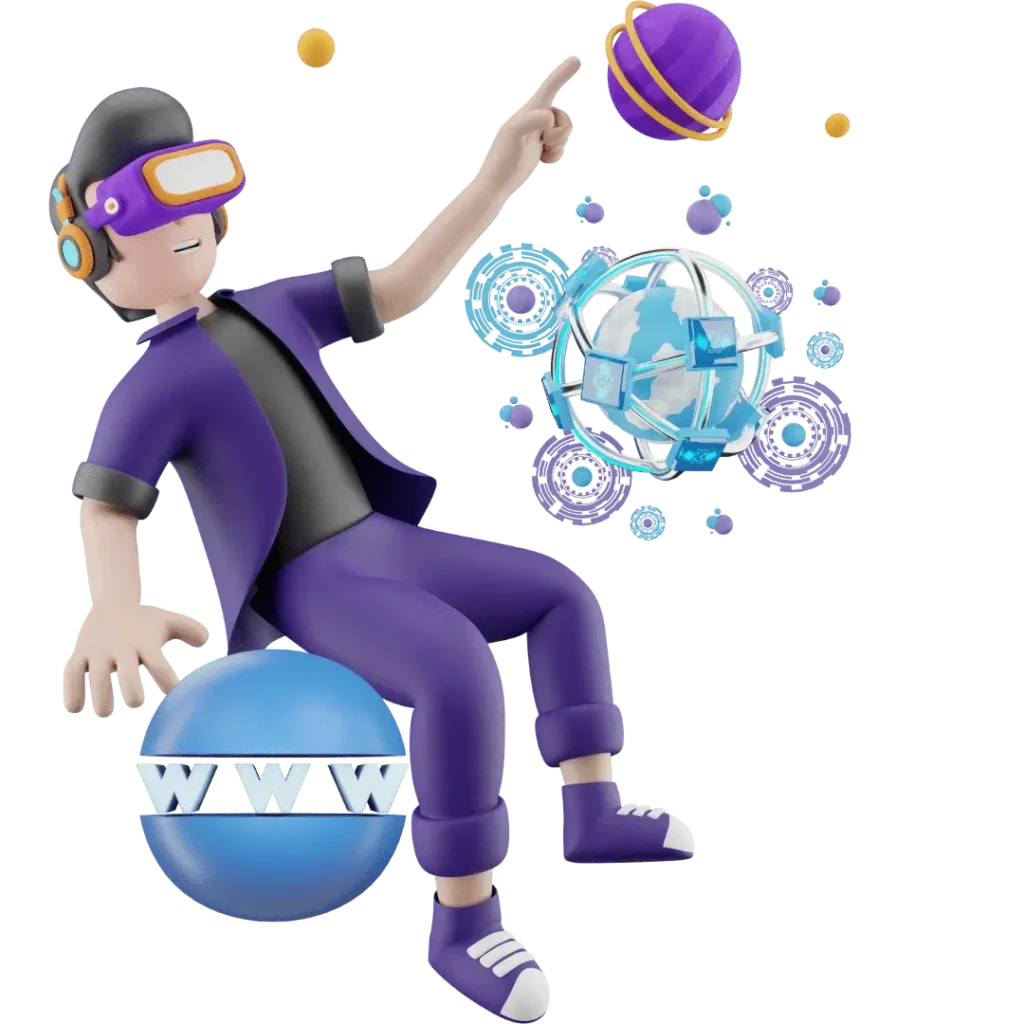
Virtual Field Trips
Today: Virtual field trips are passive.
Future: Virtual field trips in the metaverse will be interactive, allowing learners to explore historical sites and natural wonders in immersive 3D environments.
Summary
In conclusion, the fusion of eLearning and the metaverse promises an era of innovative, inclusive, and interactive education. By embracing AR, VR, AI, and secure metaverse domains, we unlock limitless possibilities for learning without boundaries. Let’s embark on this transformative journey towards a future where education is.
